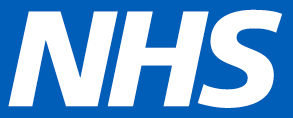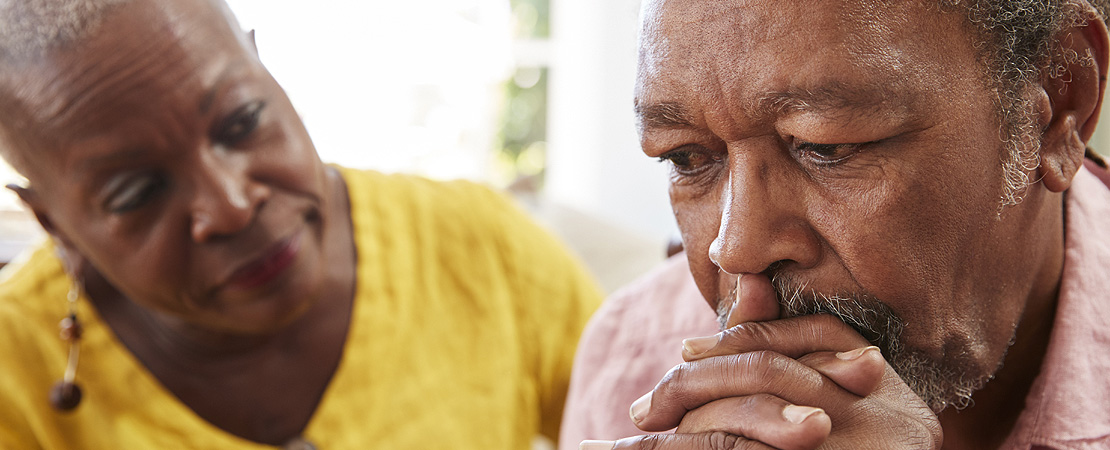February 4th is World Cancer Day. The overall aim of this day is to inspire change, unite, raise awareness, and take action to ‘close the care gap’.
‘Close the Care Gap’ – Tackling health inequalities
2023 is the second year of a three-year campaign themed ‘Close the Care Gap’. With a focus on ‘Uniting our voices and taking action,’ it is about understanding and recognising the inequities in cancer care around the globe. It’s about having an open mind challenging assumptions, and looking at the hard facts:
- Inequity in cancer care costs lives.
- People who seek cancer care hit barriers at every turn.
- Income, education, location, and discrimination based on ethnicity, gender, sexual orientation, age, disability and lifestyle are just a few of the factors that can negatively affect care.
- The gap affects everyone, including you and your loved ones.
- These barriers are not set in stone. They can be changed.
Close The Care Gap - World Cancer Day
The NHS Long Term Plan ambition makes a commitment to reduce health inequalities and increase ‘healthy life expectancy by 2035’. Priorities for 2023/24 will continue to address health inequalities in access, patient experience of care and outcomes and deliver on the Core20Plus5 approach. The 23-24 operational planning guidance takes the themes forward, supported by NHS England » Core20PLUS5 (adults) – an approach to reducing healthcare inequalities.
Great strides continue to be made in developing new technologies and treatments to diagnose and treat cancer. In the UK cancer survival has doubled over the past 40 years from 24% - 50%. With growing numbers of people surviving and living longer after a diagnosis of cancer, it is crucial that services are designed and developed to provide care and support for the future and inequalities are addressed.
Key to the NHS’s work to reduce inequalities in cancer outcomes and improve access and experience of care for people is its ambition that by 2028 75% of all cancers will be diagnosed at an early stage. The NHS 2023/24 priorities aim to build on progress to date with a key focus on reducing cancer waiting times and supporting earlier diagnosis. To support achieving this ambition, we are actively working with a range of partners. This includes the Somerset, Wiltshire, Avon and Gloucestershire (SWAG) and Peninsula Cancer Alliances, BOB ICB and the National Cancer Programme. We have developed early diagnosis dashboards supporting primary care to identify key target areas in the Southwest and Surrey and Sussex, and have developed and carried out patient surveys for the SWAG and Peninsula Rapid Diagnostic Services.
The Core20PLUS Connectors programme
We are working on behalf of the NHS England Healthcare Inequalities Improvement Team to lead the design, set-up and support for the Core20PLUS Connectors programme.
The Connectors programme funds Integrated Care System (ICS) and place-based initiatives to recruit, mobilise and support influential community connectors to take practical action to improve health and reduce inequalities across the five clinical priorities outlined in the Core20PLUS5 approach.
The chosen initiatives encompass the five clinical priority areas outlined in the Core20PLUS5 approach and target different communities and geographies.
Several of the place-based initiatives in the programme are focused on cancer and establishing people who are Core20PLUS Connectors. These people are part of communities often not well supported by existing services and subsequently, experience health inequalities. Core20PLUS Connectors take practical steps locally for health improvement in excluded communities experiencing healthcare inequalities, helping to change services to support their community better.
This approach recognises that people and communities often know what they need and what would work. The NHS can benefit by listening to these communities.
A diagnosis of cancer is devastating and can affect every aspect of our lives along with all those who are close to us. We need to ensure that everyone has access to high-quality health and cancer services, no matter where they are born, grow, age, work or live. The programmes we have share aim to increase the diagnosis of early-stage cancer when it is more treatable resulting in increased survival rates.
Ultimately it is addressing the fundamental causes of health inequalities and tailoring targeted interventions that help to reduce inequalities thus supporting actions to ‘Close the Care Gap’.
To find out more, contact SCW's cancer team









